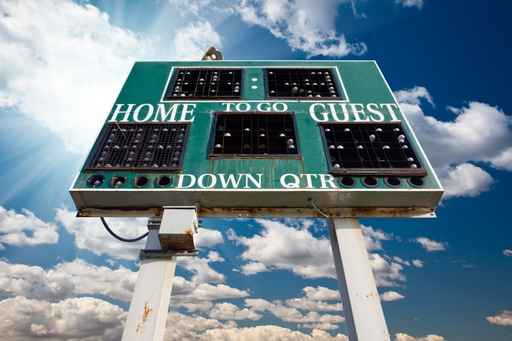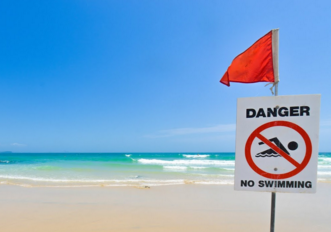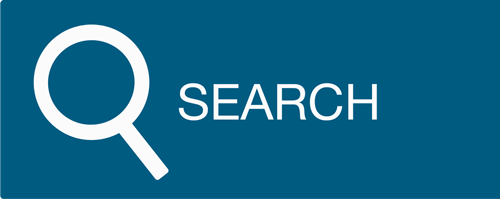Links in “BSA/AML”
- New York’s ID Cards Bump Up Against Banks Wary of More AML Grief
To help the unbanked gain access to the banking system, New York has been issuing identification cards. However, some of the biggest banks in the city, still smarting from having to pay hundreds of millions in fines to settle investigations that their anti-money laundering efforts were inadequate, are refusing to accept the cards as a primary source of identification. [12/23/15]
- FinCEN Reports Receiving 55,000 BSA Reports Each Day
FinCEN receives on average 55,000 BSA reports from more than 80,000 financial institutions and 500,000 individual foreign bank account holders each day. If you think that means your CTRs and SARs are getting lost in the pile, FinCEN reports that it also receives an average of 30,000 information search requests from 9,000 different law enforcement agencies on a daily basis. [12/14/15]
- Money Laundering Schemes involving Saigon National Bank Lead to Arrests and Indictments
Federal authorities announced a series of arrests and indictments involving racketeering for a series of money laundering schemes that revolved around the former head of Saigon National Bank, based in Westminster, California. [12/11/15]
- Unintended Consequences: Border Communities Losing Branches
In the last two years, nearly half the bank branches in the border town of San Ysidro have closed. It's a trend along the entire Mexican border that's creating a headache for small businesses and residents alike. Some wonder if the cause is really tough money-laundering rules or if those rules are just an excuse for closing branches in low-income border areas. [12/7/15]
- NY’s AML Proposal? “I Would Never Sign This Document”
Thinking through the ramifications of New York's proposal to have compliance officers certify anti-money-laundering compliance and putting them personally in harm's way (criminal penalties) means one thing: make the most of this 45-day comment period. [12/4/15]
- NY Proposes Tough AML Rules that Put Compliance Officers Personally on the Hook
Chief compliance officers would have to personally certify that an institution maintains an effective anti-money-laundering program. Incorrect or false certifications could open the door to criminal charges levied personally at the compliance officer. The hot seat is about to get hotter. [12/2/15]
- Compliance Culture Scoreboard: How Does Your Institution Rate?
When regulators discuss the root causes of the problems in a financial institutionâs Bank Secrecy Act and Anti-Money Laundering programs, invariably the cause that comes out at the top of their list is a weak culture of compliance. These points come from an advisory by FinCEN, the Financial Crimes Enforcement Network. The regulatory agencies have found that poor BSA performance is as much about the culture of a financial institution as it is about the products, services, customers, and geographic location of the business. How does your compliance culture measure up? Give your financial institution an honest assessment of how well it measures up in each of the six areas. [12/1/15]
- NY’s Money-Laundering Proposal Would Put Compliance Officers on the Hot Seat
The price of being a CCO in New York, not to mention the price of AML in general in the Empire State, might be about to go up. Way up. New York's governor plans to propose a rule this week that would force a chief compliance officer to certify that the bank maintains systems to detect illicit money transfers. Filing an "incorrect or false" certification could mean criminal charges. [12/1/15]
- Trade-Based Money Laundering: The Next Big AML Wave?
New book addresses trade-based money laundering, such as invoice fraud, where launderers may over-invoice a product's value, or "hawalas," a method of money transfer without money movement. [12/1/15]
- Do You Know the Red Flags for BSA/AML Compliance?
Industry experts at a recent CUNA conference identified the red flags that may signal illicit activity. This checklist should become part of your staff training in order to ensure that potential money laundering and other illegal activities at your credit union are detected in a timely fashion or avoided entirely. [11/23/15]





